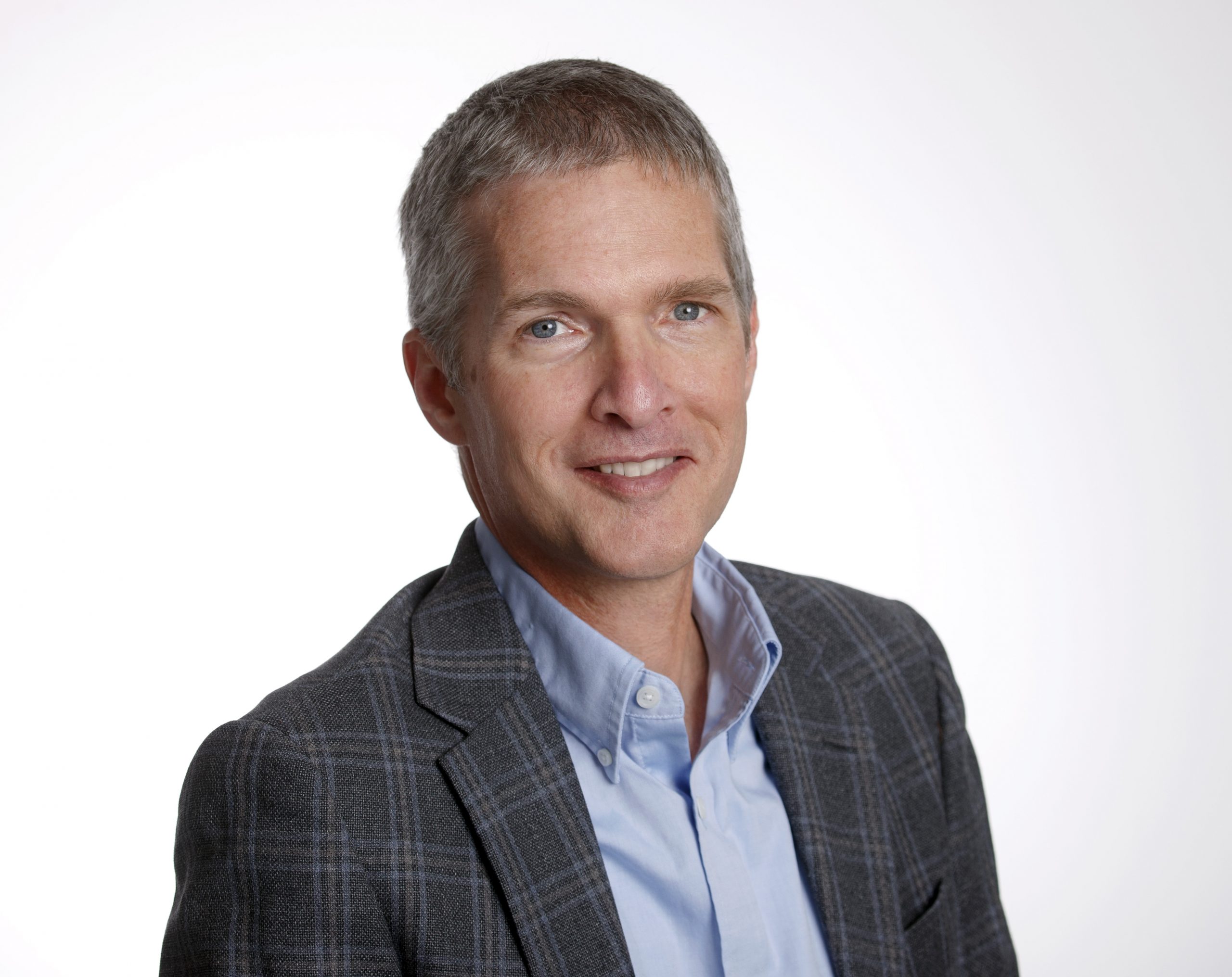UA Little Rock Professor Advises Colombian Officials on Truth Commission Work

A University of Arkansas at Little Rock professor traveled to South America this summer to advise Colombian officials who are working to implement recommendations from a truth commission that studied human rights violations during the country’s civil war.
Dr. Eric Wiebelhaus-Brahm, a professor of public affairs at UA Little Rock, traveled to Bogota, Colombia, to advise government officials, nonprofit employees, and activists on how to implement recommendations from Colombia’s Commission for Truth, Coexistence, and Non-Recurrence.
“Truth commissions, in many ways, are the start of the conversation about the past,” Wiebelhaus-Brahm said. “Truth is often needed before other things can happen to address the past. Truth commissions produce a final report with a history of what was investigated and recommendations about what else should be done about the past and how to prevent these things from happening in the future.”
The commission was set up in 2016 as part of a peace deal between the Colombian government and the Revolutionary Armed Forces of Colombia (FARC). It was tasked with documenting human rights violations and explaining what caused the conflict to persist for so long, which began in 1964.
Colombia’s Truth Commission presented its final report in 2022, announcing that more than 450,000 people were killed and more than 121,000 people disappeared during almost six decades of conflict. The commission is part of a transitional justice system that is designed to help the country move towards a path of reconciliation and peace.
The commission drafted recommendations on eight issues with the goal of ending continued armed disputes, to build reconciliation between the people and institutions, and preventing the recurrence of armed conflict. A Follow-up and Monitoring Committee has been established in Colombia to monitor the implementation of the recommendations of the commission through 2029.
Wiebelhaus-Brahm, author of the books “Truth Commissions and Transitional Societies” and “Exploring Truth Commission Recommendations in a Comparative Perspective,” told his Colombian audience that there was a lot of reason for optimism.
“Our research on the recommendations from 13 truth commissions across Latin America reveals that, among other things, implementation of recommendations is more likely when victims and human rights organizations are strong, countries are comparatively wealthy, and the government prioritizes disseminating findings,” he noted. “Colombia has all of these things going for it.”
He added that truth commissions often recommend the creation of a follow-up body to coordinate and monitor implementation of the commission’s recommendations. This has happened in Colombia, but, in its first year of existence, Follow-Up Committee members have mostly been bogged down with determining which recommendations to prioritize.
“Depending on how one counts them, the Colombian Truth Commission included more than 600 recommendations in its final report,” Wiebelhaus-Brahm said. “Unfortunately, our research reveals that issuing a large number of recommendations reduces the odds of implementing any one of them.”
While visiting Bogota, Wiebelhaus-Brahm also trained nonprofit officials and activists on how to combine different research methodologies to study efforts to address human rights violations and promote peace.
During the second week of his trip, Wiebelhaus-Brahm met with his fellow colleagues in the Gender, Justice, and Security Hub. The hub is funded by a £15.2 million, five-year grant from the Global Challenges Research Fund. The hub seeks to advance sustainable peace by developing an evidence base around gender, justice, and inclusive security in conflict-affected societies. As the research hub’s grant will end in 2024, Wiebelhaus-Brahm and his colleagues met to collaborate on on-going research.
“We have 30 different research projects going on in the hub, and the researchers are scattered throughout the world,” he said. “It’s a good time to go over our projects. With the hub coming to a close next year, we are also starting to identify the broader lessons we’re learning from our research and what will be the legacy of the Gender, Justice, and Security Hub.”
In the hub, Wiebelhaus-Brahm’s research examines how foreign aid shapes justice and peacebuilding processes in conflict-affected societies.
“Donor governments can be critical to providing the resources necessary to address human rights violations in countries beset by conflict,” he said. “However, they may only be interested in funding initiatives that align with their conceptions of justice or their broader foreign policy agenda rather than programs that reflect local needs and desires.”
Additionally, members of the hub had a chance to view local truth and reconciliation efforts in action. They met with a dozen local organizations in Colombia who are working to promote human rights, peace, and justice for violations that occurred during the civil war.
Some of the groups include a village that is using fiber arts to record the history of the village during the Columbian civil war, a dance academy that provides a creative outlet for youth that were affected by the civil war, and a support group for mothers that lost children during the conflict that use art and crafts to process their grief and memorialize their loved ones.
“Many of these groups are people who are just trying to tell their story about what happened to them during the civil war and are finding new artistic outlets to express what happened,” Wiebelhaus-Brahm said. “The dance academy, for example, provides youth with creative outlets to process their feelings about what they’ve experienced in their lives. Many of these youths come from poor backgrounds. Some of them have been displaced by the conflict, or their parents were before they were born. This is something that may also lead to a career.”
